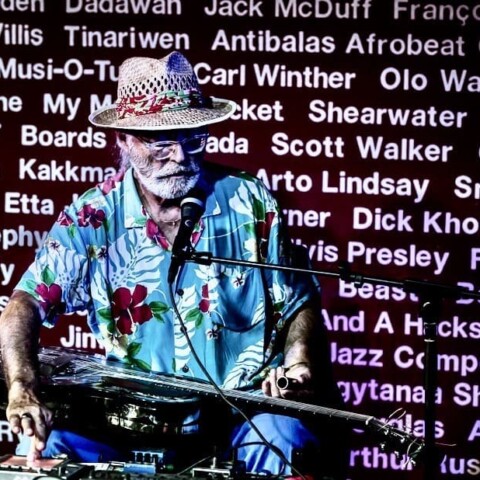 IT APPEARS THAT all is not looking rosy for the recording industry’s tame rottweilers, the Recording Industry Association of America (RIAA), who are one of the enforcers behind anti-piracy efforts like the Stop Online Piracy Act and the ‘3 strikes’ penalties being foisted on internet service providers and governments alike.
IT APPEARS THAT all is not looking rosy for the recording industry’s tame rottweilers, the Recording Industry Association of America (RIAA), who are one of the enforcers behind anti-piracy efforts like the Stop Online Piracy Act and the ‘3 strikes’ penalties being foisted on internet service providers and governments alike.
Alas, the RIAA’s most recent tax filing shows that their income for the period that ended on March 31, 2011, has plunged 44 percent over the two years, and based on their stellar performance over the last few years, its fair to assume that things don’t look any more peachy in 2012. Oh dear, guess they couldn’t find any more school kids to sue into bankruptcy.
Astoundingly, RIAA’s revenue for 2011 was $29.1 million, which equally unbelievably is a substantial fall from the $51.35 million reported two years ago. The number of employees RIAA staff also seems to have plummeted, nosediving from 117 to just 72. Perhaps even their staff have a conscience.
The reason cited for the declining fortunes is a sharp drop in the dues paid by the major record labels that are RIAA members. Two years earlier, RIAA reported member dues of $49.8 million, but now their most recent filing shows that number now is just $27.9 million.
Interestingly, the first half of 2011 was one of the best for the music industry as a whole, according to Nielsen SoundScan. The first six months of the year delivered a modest 1 percent rise in total album sales — the first gain the industry saw in six years. Witness the purchasing power of hormonal teenage girls getting their Beiber fix.
Despite the drop in member dues, RIAA executives are still well in clover. Former RIAA Chairman and CEO Mitch Bainwol received a healthy $1.75 million (the most of any RIAA employee) while their Chairman and CEO Cary Sherman received the second highest salary, $1.36 million. I’d be willing to wager that there are a few bands out there reading this feeling a tad sick at the moment.
The amount of money RIAA throws at lobbying the US government has remained about the same over the past few years, $2.3 million annually. I don’t know about you, but this strikes me as being kind of pathetic given how quickly the NZ Government folded with the three strikes law when a free trade deal was in the offering.
Perhaps the only good news is the fact that the amount of money RIAA collected in legal fees has also fallen, from $16.5 million to $2.34 million thanks to the group’s decision to stop going after individual file-sharers in court.
Perhaps the industry needs to wake up and start producing music that isn’t crap. Hiring musos who can actually play, compose instead of just looking good in mindless “shake that ass bitch” music videos might be a good start. PAT PILCHER














